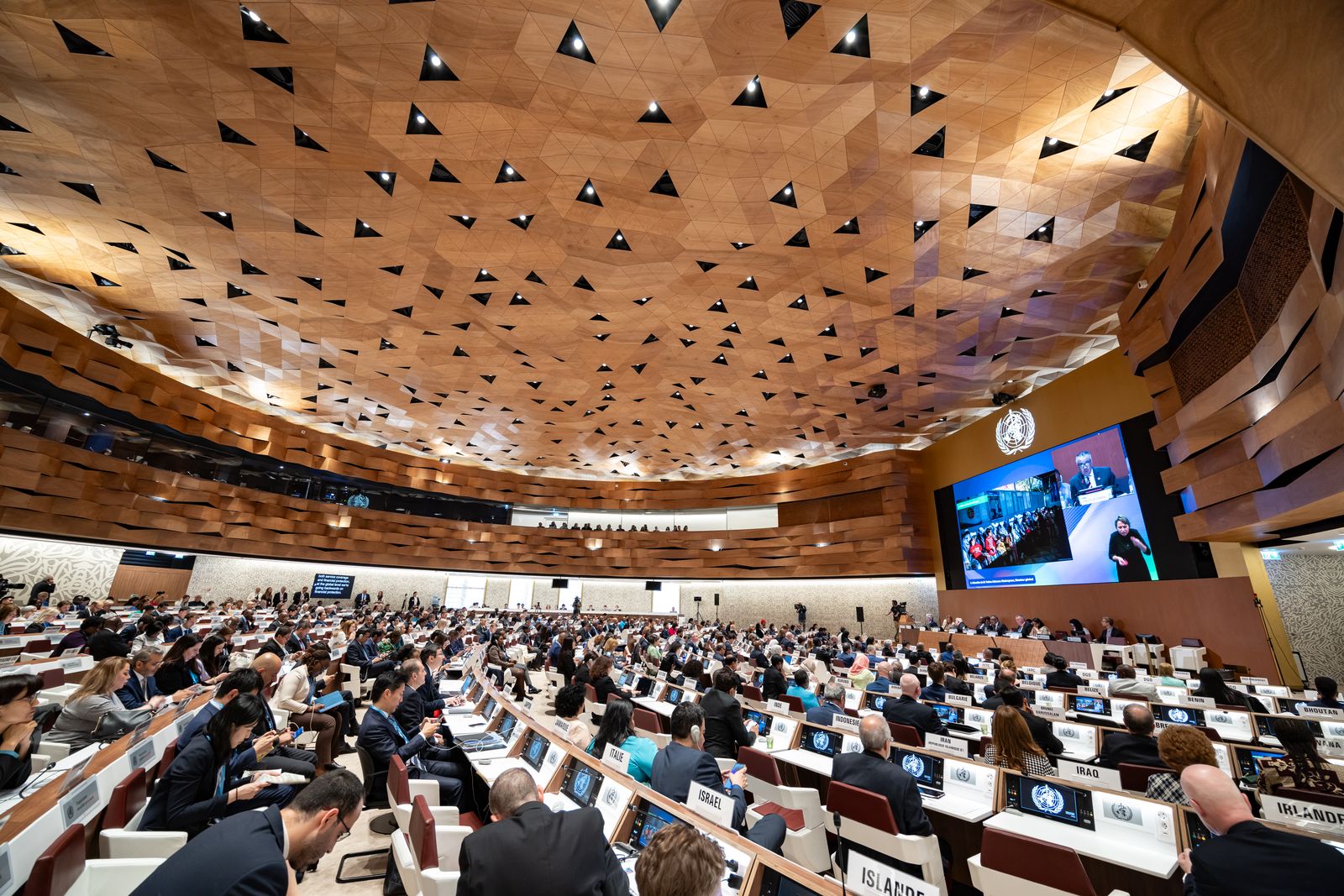
GENEVA — As the 77th World Health Assembly (WHA) opened on Monday, global leaders pressed World Health Organization (WHO) member states to conclude a pandemic agreement, despite failing to meet the original deadline for reaching a consensus.
The WHA, a week-long gathering that sets the agenda for the WHO, was initially expected to mark the completion of both the pandemic agreement and amendments to the International Health Regulations (IHR), which govern global disease outbreaks. However, negotiations on both fronts remain unfinished, although talks on the IHR are reportedly nearing a conclusion.
On Tuesday, the assembly will deliberate on the path forward for these crucial discussions, with potential options including extending the talks by days (in the case of the IHR), months (until the end of the year), or even years (possibly until the 2025 or 2026 WHA).
In a video message, United Nations Secretary-General Antonio Guterres called on member states to “bring [the pandemic agreement] to fruition and to support the amendments to the International Health Regulations, boosting our ability to respond to emergencies.”
Guterres described the pandemic agreement as a “once-in-a-generation opportunity to ensure the global health system can respond more quickly and equitably when the next pandemic strikes.”
Ursula von der Leyen, President of the European Commission, reaffirmed the EU’s commitment to “concluding a pandemic agreement that makes a real difference on the ground.”
Dr. Tedros Adhanom Ghebreyesus, the WHO Director-General, praised the negotiators, some of whom worked until 4 a.m., and expressed optimism that an agreement on responding to future pandemics could still be achieved, emphasizing that the process now lies in the hands of the WHA.
“Of course, we all wish that we had been able to reach a consensus on the agreement in time for this health assembly and cross the finish line,” said Tedros. “But I remain confident that you still will because, where there is a will there is a way… now it is for this World Health Assembly to decide what that way is.“
Preventing emergencies
The past year has been tumultuous.
But we refused to give up.
Faced with multiple crises, we still see a future of health and peace.
A future reached through a stronger, better funded @WHO.
All for health, #HealthForAll. #WHA77 pic.twitter.com/gC0XhBP6hj
— Tedros Adhanom Ghebreyesus (@DrTedros) May 27, 2024
The WHA’s theme, ‘health for all, all for health,’ stands in stark contrast to the reality on the ground. Tedros noted that “at least 4.5 billion people, more than half of the world’s population, are not fully covered by essential services, and 2 billion people face financial hardship due to out-of-pocket health spending.”
“Outbreaks, disasters, conflicts, and climate change are all causing death and disability, hunger, and psychological distress,” he added.”Outbreaks, disasters, conflicts, and climate change are all causing death and disability, hunger, and psychological distress.”
Tedros said that the WHO responded to 65 graded emergencies last year, including outbreaks of cholera, dengue, diphtheria, hepatitis E, Marburg, measles, mpox, and more. He also highlighted the establishment of the Pandemic Fund, which has already disbursed $338 million to 37 countries, and the launch of the International Pathogen Surveillance Network and WHO BioHub System.
“While our work responding to emergencies often makes the headlines, our work supporting countries to prevent and prepare for emergencies is less visible but equally important,” said Tedros.
He also drew attention to the increasing attacks on health facilities, stating that in 2023, the WHO verified “1,510 attacks on health care in 19 countries, with 749 deaths and more than 1,200 injuries.” He called for immediate ceasefires in Gaza, Sudan, and Ukraine.
Secretary-General Guterres, deeply troubled by the unrelenting attacks on health facilities in conflict zones worldwide, described the situation as “unprecedented” and “beyond anything” he had seen throughout his tenure as the UN’s top official.
Image Credits: WHO.
Combat the infodemic in health information and support health policy reporting from the global South. Our growing network of journalists in Africa, Asia, Geneva and New York connect the dots between regional realities and the big global debates, with evidence-based, open access news and analysis. To make a personal or organisational contribution click here on PayPal.
